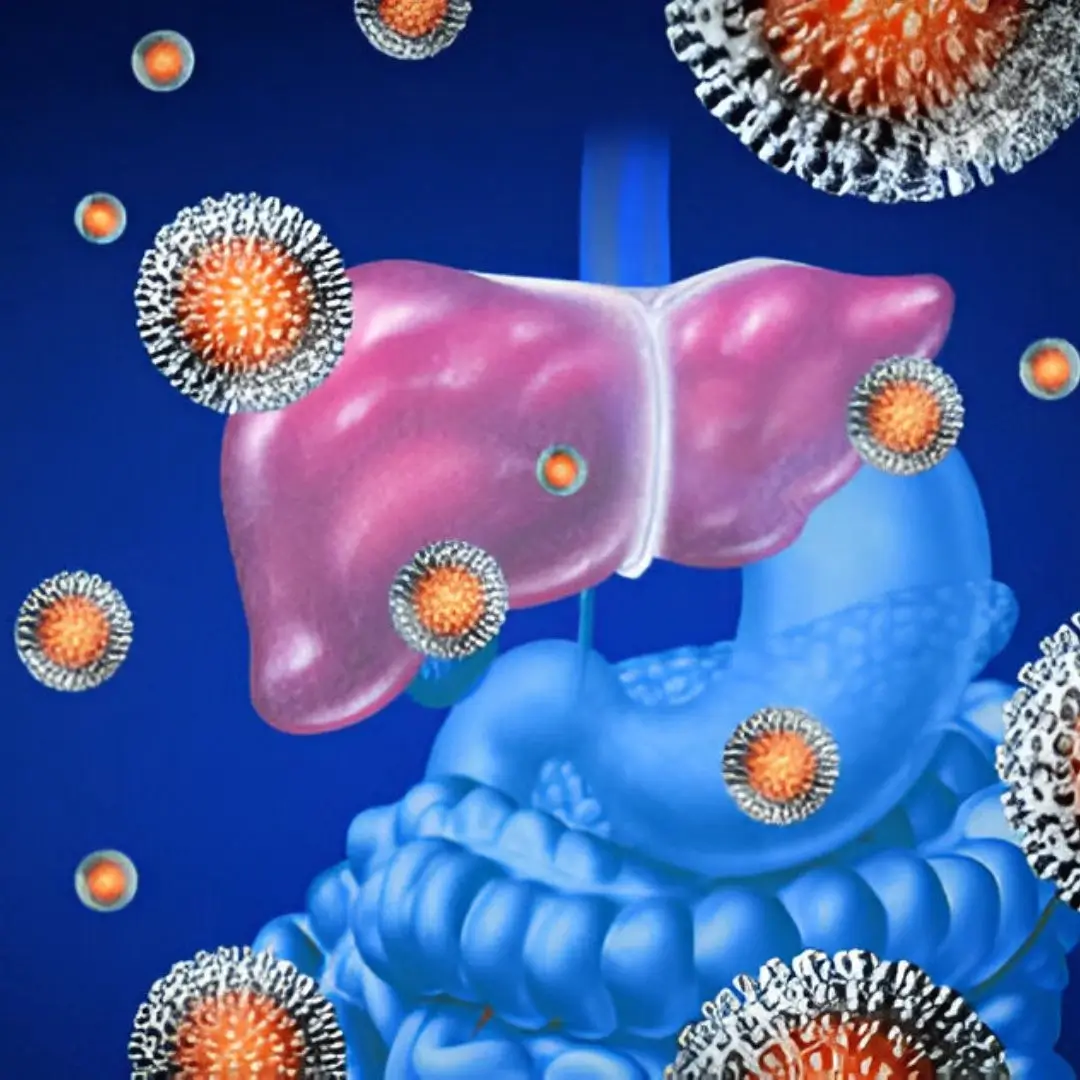Frequently Asked Questions
Autoimmune hepatitis is a chronic condition where the immune system attacks liver cells causing inflammation.
Symptoms may include fatigue, jaundice, abdominal pain, joint pain, and loss of appetite.
Diagnosis involves blood tests for autoantibodies, liver function tests, and liver biopsy.
The exact cause is unknown but is believed to be a combination of genetic and environmental factors.
Treatment usually involves immunosuppressive drugs like corticosteroids and azathioprine.
There is no cure, but treatment can control inflammation and prevent liver damage.
Side effects can include weight gain, increased infection risk, osteoporosis, and mood changes.
Treatment is often lifelong, but some patients may taper medications after remission.
Yes, untreated autoimmune hepatitis can progress to cirrhosis and liver failure.
Yes, avoiding alcohol, eating a healthy diet, and regular exercise help maintain liver health.
It can be associated with other autoimmune diseases affecting joints, thyroid, or skin.
Pregnancy can be safe with careful monitoring, but medication adjustments may be necessary.
Regular liver function tests and clinical evaluation every 3-6 months are recommended.
Yes, relapse is common if medications are stopped prematurely.
Transplant is considered for severe liver failure or complications not controlled by therapy.

